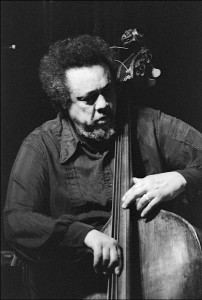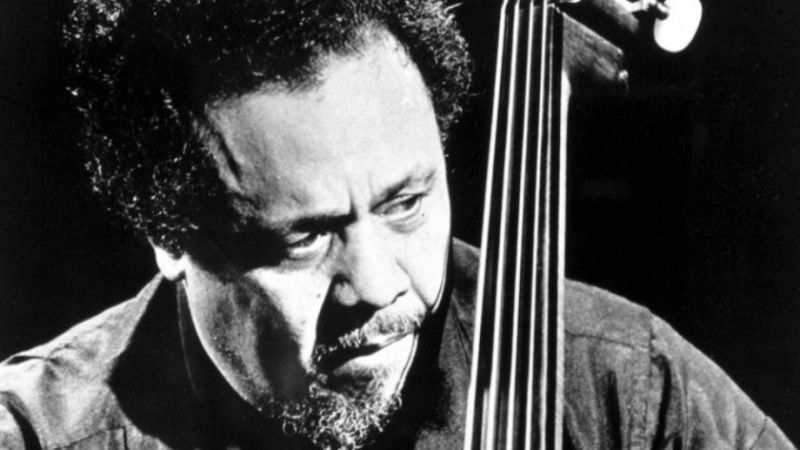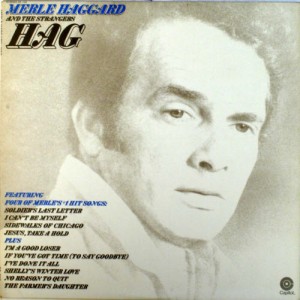April 22: The late Charles Mingus was born in 1922
Anyone can make the simple complicated. Creativity is making the complicated simple.
~Charles Mingus
Goodbye Pork Pie Hat – Live at Montreux 1975:
Wikipedia:
| Birth name | Charles Mingus Jr. |
|---|---|
| Born | April 22, 1922 US Army Base in Nogales, Arizona, United States |
| Origin | Los Angeles, California, United States |
| Died | January 5, 1979 (aged 56) Cuernavaca, Mexico |
| Genres | Jazz, hard bop, bebop, avant-garde jazz, post-bop, Third Stream, gospel, orchestral jazz, free jazz |
| Occupations | Double bassist, composer, bandleader |
| Instruments | Double bass, piano, cello, trombone |
| Years active | 1943–1979 |
Charles Mingus Jr. (April 22, 1922 – January 5, 1979) was a highly influential American jazz double bassist, composer and bandleader. Mingus’s compositions retained the hot and soulful feel of hard bop and drew heavily from black gospel music while sometimes drawing on elements of Third Stream, free jazz, and classical music. Yet Mingus avoided categorization, forging his own brand of music that fused tradition with unique and unexplored realms of jazz. He once cited Duke Ellington and church as his main influences.
Mingus focused on collective improvisation, similar to the old New Orleans jazz parades, paying particular attention to how each band member interacted with the group as a whole. In creating his bands, Mingus looked not only at the skills of the available musicians, but also their personalities. Many musicians passed through his bands and later went on to impressive careers. He recruited talented and sometimes little-known artists whom he assembled into unconventional and revealing configurations. As a performer, Mingus was a pioneer in double bass technique, widely recognized as one of the instrument’s most proficient players.
Charles Mingus Sextet featuring Eric Dolphy – Take The A Train (Live in Oslo – Norway 1964):
Nearly as well known as his ambitious music was Mingus’ often fearsome temperament, which earned him the nickname “The Angry Man of Jazz”. His refusal to compromise his musical integrity led to many on-stage eruptions, exhortations to musicians, and dismissals. Because of his brilliant writing for mid-size ensembles, and his catering to and emphasizing the strengths of the musicians in his groups, Mingus is often considered the heir of Duke Ellington, for whom he expressed great admiration. Indeed, Dizzy Gillespie had once claimed Mingus reminded him “of a young Duke”, citing their shared “organizational genius”.
Mingus’ music was once believed to be too difficult to play without Mingus’ leadership. However, many musicians play Mingus compositions today, from the repertory bands Mingus Big Band, Mingus Dynasty, and Mingus Orchestra, to the high school students who play the charts and compete in the Charles Mingus High School Competition.
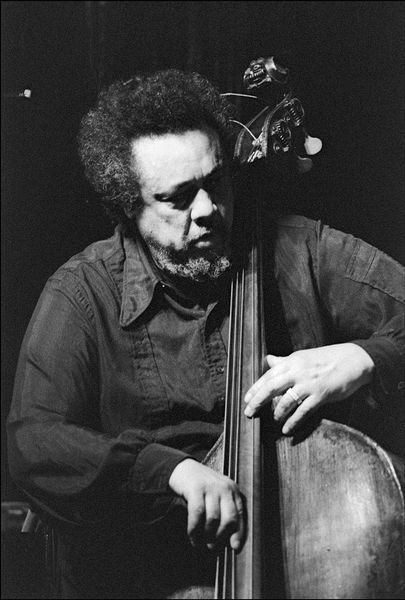
Charles Mingus – Devil’s Blues – Live At Montreux (1975):
Gunther Schuller has suggested that Mingus should be ranked among the most important American composers, jazz or otherwise. In 1988, a grant from the National Endowment for the Arts made possible the cataloging of Mingus compositions, which were then donated to the Music Division of the New York Public Library for public use. In 1993, The Library of Congress acquired Mingus’s collected papers—including scores, sound recordings, correspondence and photos—in what they described as “the most important acquisition of a manuscript collection relating to jazz in the Library’s history”.
Playlist of the day
—
Other APR-22:
- Glen Travis Campbell (born April 22, 1936) is an American country music singer, guitarist, television host and occasional actor. He is best known for a series of hits in the 1960s and 1970s, as well as for hosting a variety show called The Glen Campbell Goodtime Hour on CBS television.
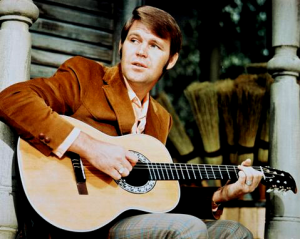 –
– - Hag is an album by country singer Merle Haggard, released in 1971. It was his first album with a majority of original songs in two years. It reached #1 on the Billboard Country album chart and #66 on the Pop album chart. The album spawned four hit singles: “Jesus, Take a Hold”, “I Can’t Be Myself”, “Soldiers Last Letter” and “Sidewalks of Chicago”, all of which reached #3 on the Country singles chart.
Released April 22, 1971 Recorded March, July, August, September 1970
Capitol Records Studio, Hollywood, CAand RCA Victor Studios, Nashville, TNGenre Country Label Capitol ST-735 Producer Ken Nelson
-Egil & Hallgeir

